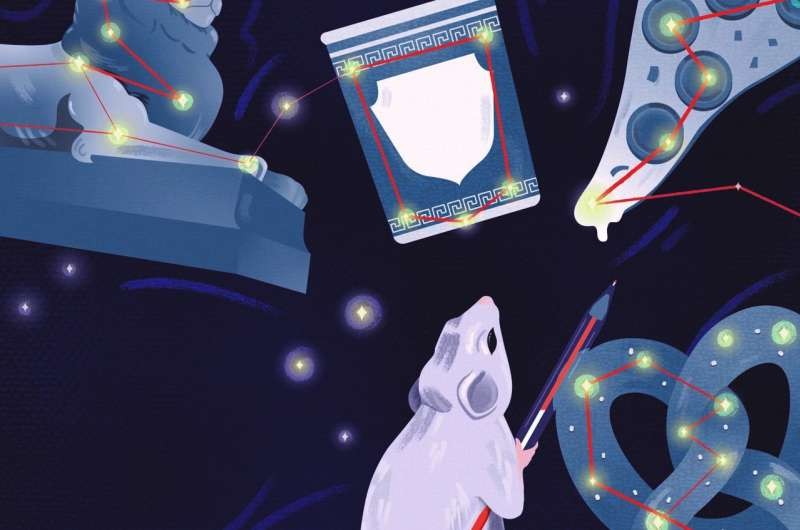
Neuroscientists at Mount Sinai have made a groundbreaking discovery about how our brains continuously update and reorganize memories. This finding challenges long-held beliefs about memory formation and storage, offering new insights into how we adapt to an ever-changing world.
A Dynamic Memory System
Contrary to the traditional view that memories remain stable once formed, the research reveals a more flexible system. The brain constantly refreshes stored information, integrating new experiences with existing memories. This process allows us to make daily predictions and decisions based on the most current information available.
The Science Behind Memory Integration
The study, published in Nature, used mouse models to track neural activity in the hippocampus, a brain region crucial for memory. Researchers observed how the brain processes new experiences and links them to past memories, especially after negative events.
After mice experienced an adverse event, their brains not only replayed that recent memory but also reactivated neutral memories from days earlier. This "ensemble co-reactivation" process enables the brain to connect distinct memories across time, creating a more comprehensive understanding of experiences.
Implications for Understanding Memory Disorders
This discovery could lead to better comprehension of both adaptive memory processes, like causal reasoning, and maladaptive ones, such as post-traumatic stress disorder (PTSD). By understanding how the brain naturally links memories, researchers may develop new approaches to treating memory-related conditions.
Surprising Findings on Sleep and Memory
Interestingly, the study found that memory linkage occurred more frequently during wakefulness than sleep. This unexpected result challenges previous notions about sleep's role in memory consolidation and opens new avenues for research into the distinct functions of wakefulness and sleep in memory processing.
The Impact of Negative Experiences
The research also revealed that adverse experiences were more likely to be linked with past memories than future ones. More intense negative events had a higher likelihood of triggering this retrospective memory-linking process.
A Step Towards Understanding Real-World Memory
This breakthrough provides valuable insights into how our brains function in a dynamic environment. By uncovering the mechanisms behind memory integration, scientists are moving closer to comprehending the complexities of real-world memory processes.
As research in this field continues, we may gain a deeper understanding of how our brains maintain a delicate balance between memory stability and flexibility, allowing us to navigate the complexities of daily life with constantly updated information.